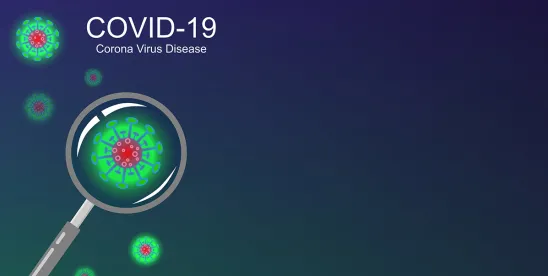Chavez v. Alco Harvesting, LLC, 102 Cal. App. 5th 866 (2024)
Plaintiff Maria Chavez’s husband alleged that her husband died due to COVID-19 complications in July 2020, after contracting the disease while working for his employer, Alco Harvesting, LLC. Per Chavez’s complaint, the company placed Chavez’s husband in “close living quarters” that precluded social distancing and “facilitated the transmission of COVID-19.” Alco allegedly became aware of a COVID-19 outbreak where Chavez’s husband resided, but it failed to report the outbreak to the health department or notify its employees. The complaint alleges that a week elapsed between the deceased employee’s reporting his symptoms to Alco and a positive COVID-19 test and that he died five days after that positive test. The trial court sustained the employer’s demurrer, but the Court of Appeal reversed the dismissal, holding that Chavez sufficiently pled all elements of the fraudulent concealment exception to the Workers’ Compensation Act’s exclusivity rule: (1) the employer knew that the plaintiff had suffered a work-related injury; (2) the employer concealed that knowledge from the plaintiff; and (3) the injury was aggravated as a result of such concealment. Cf. Frayo v. Martin, 102 Cal. App. 5th 1025 (2024) (holding that former employee who alleged his employer terminated him because he refused to take a COVID-19 test failed to state a prima facie discrimination case under California’s Confidentiality of Medical Information Act.)



 />i
/>i
